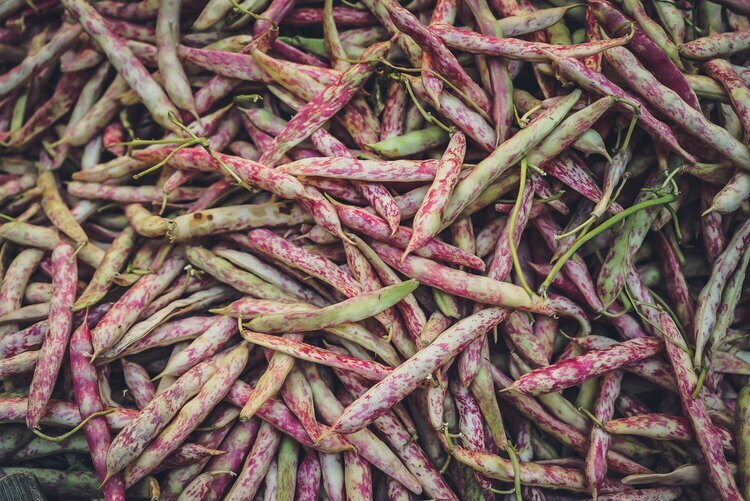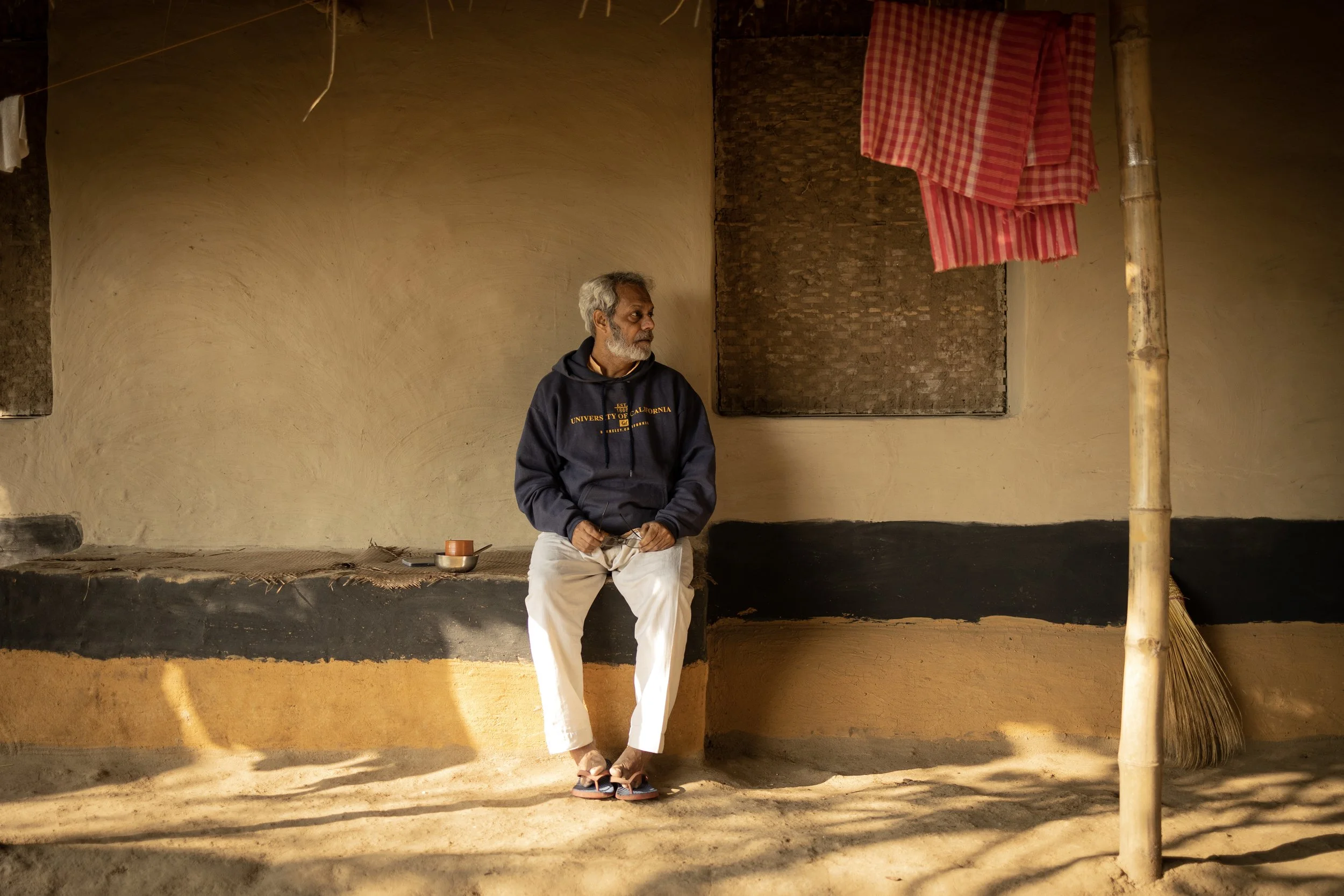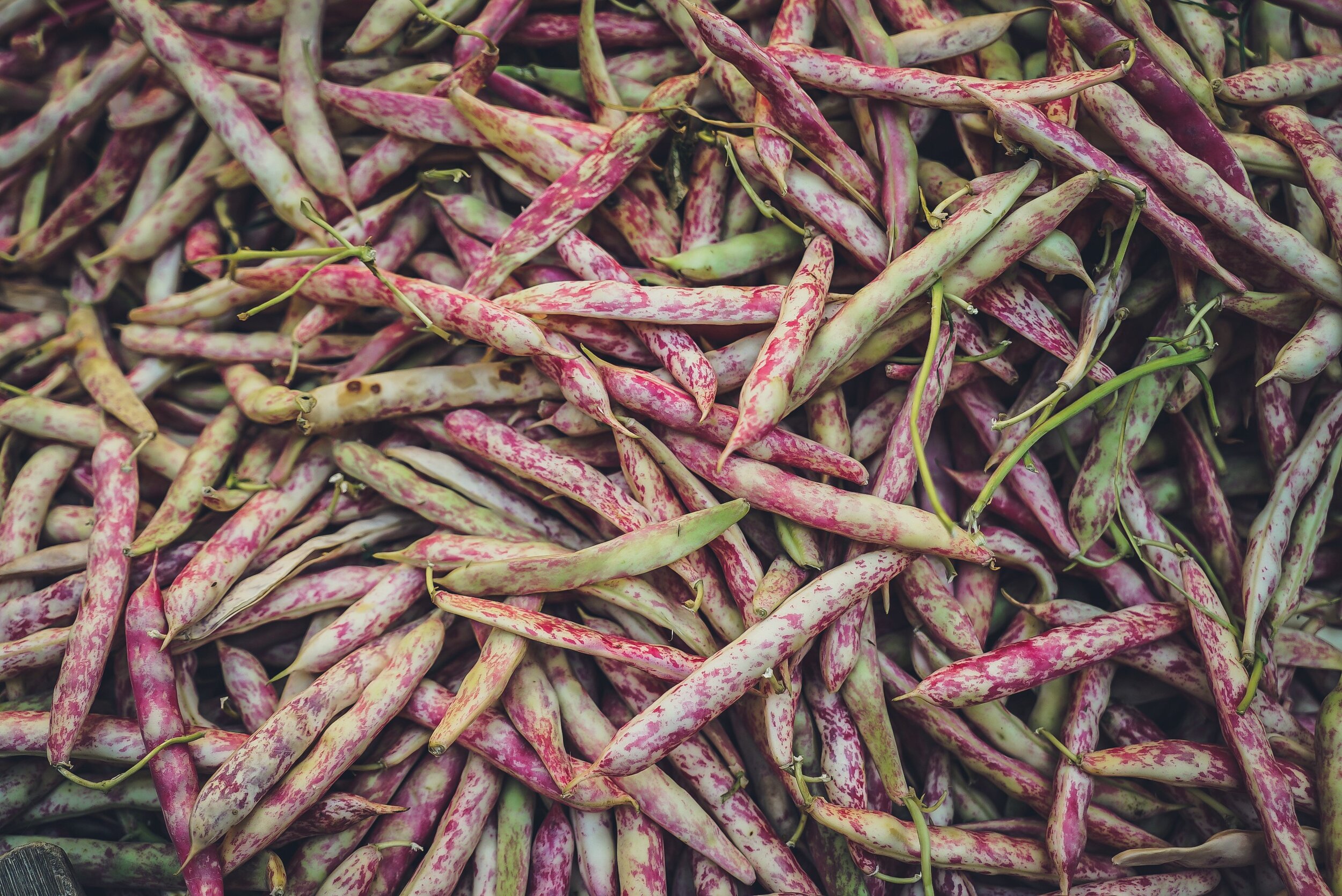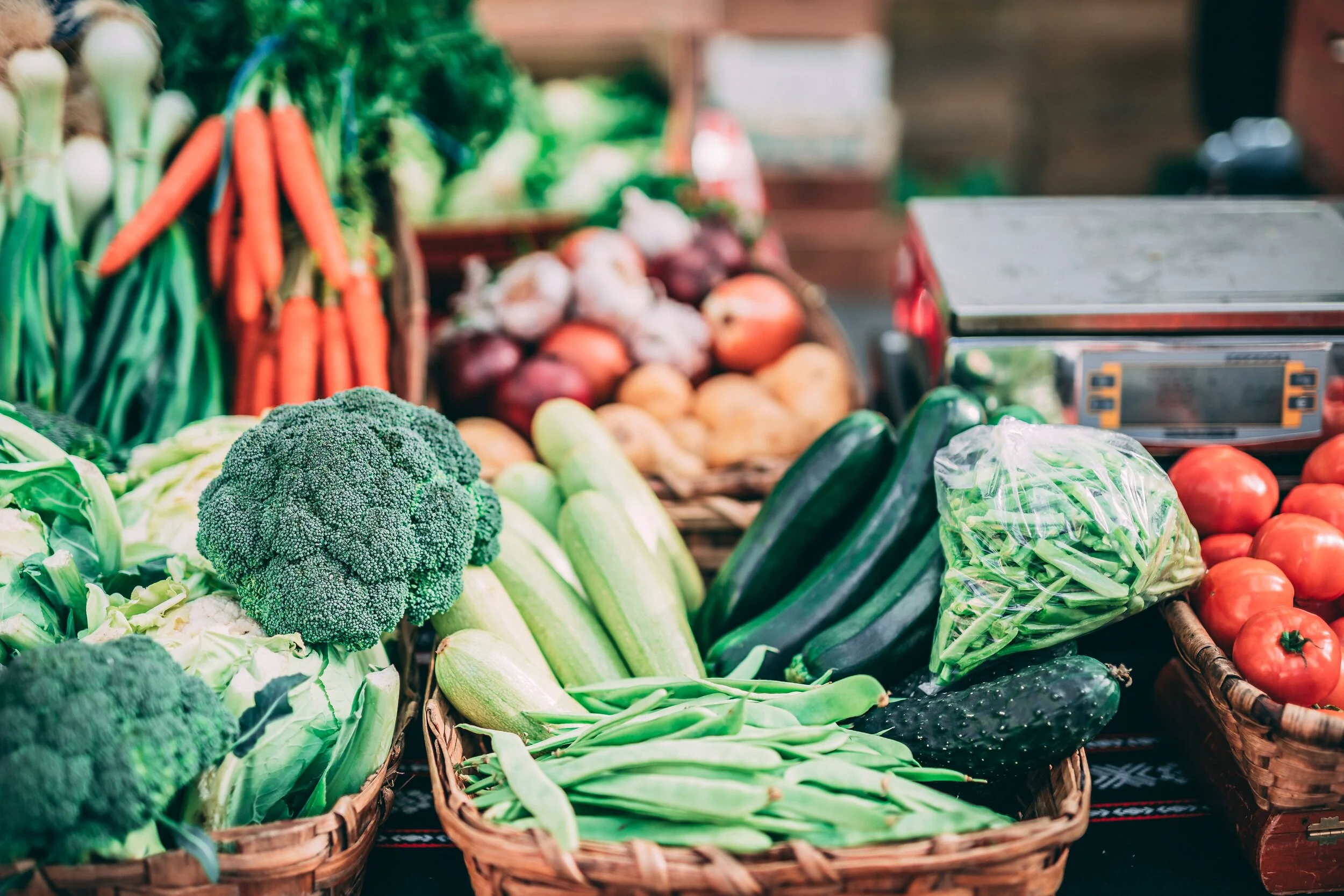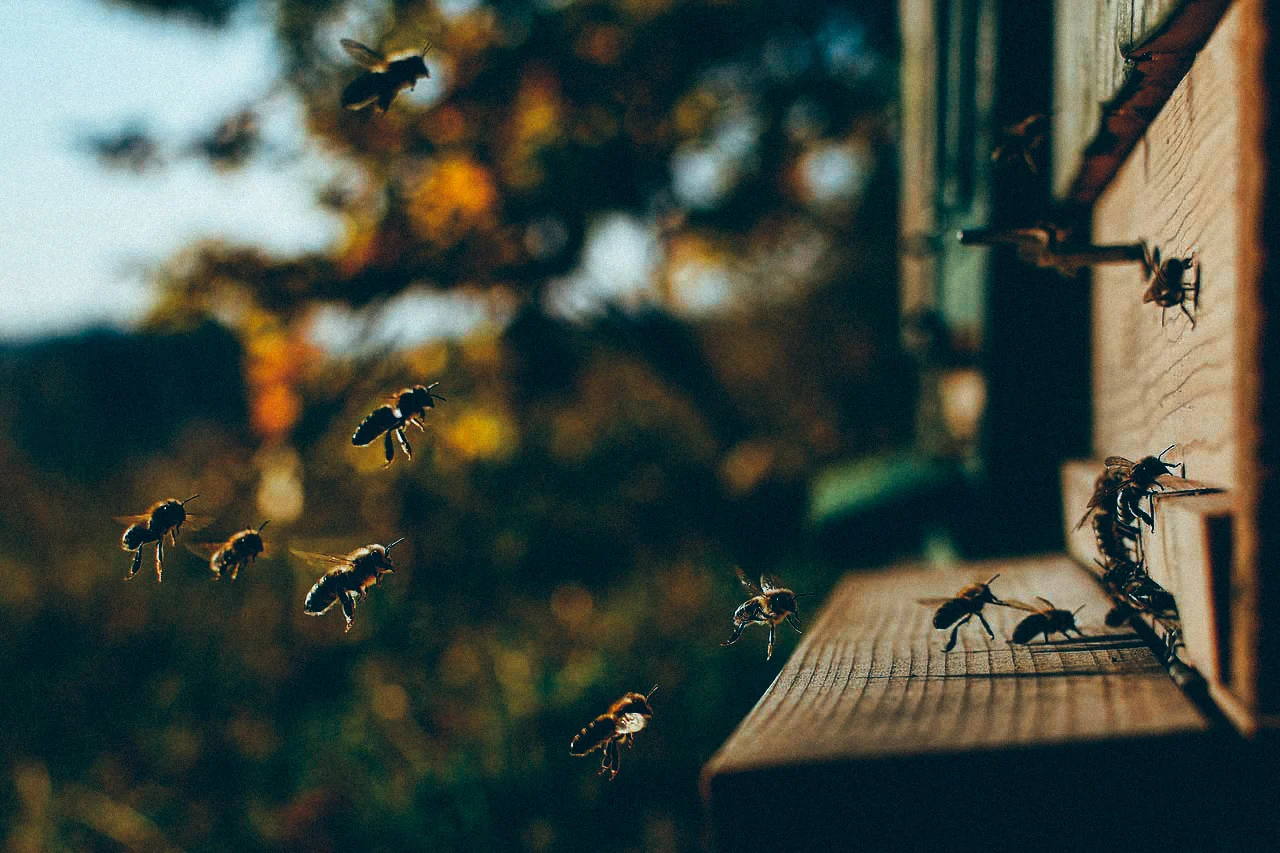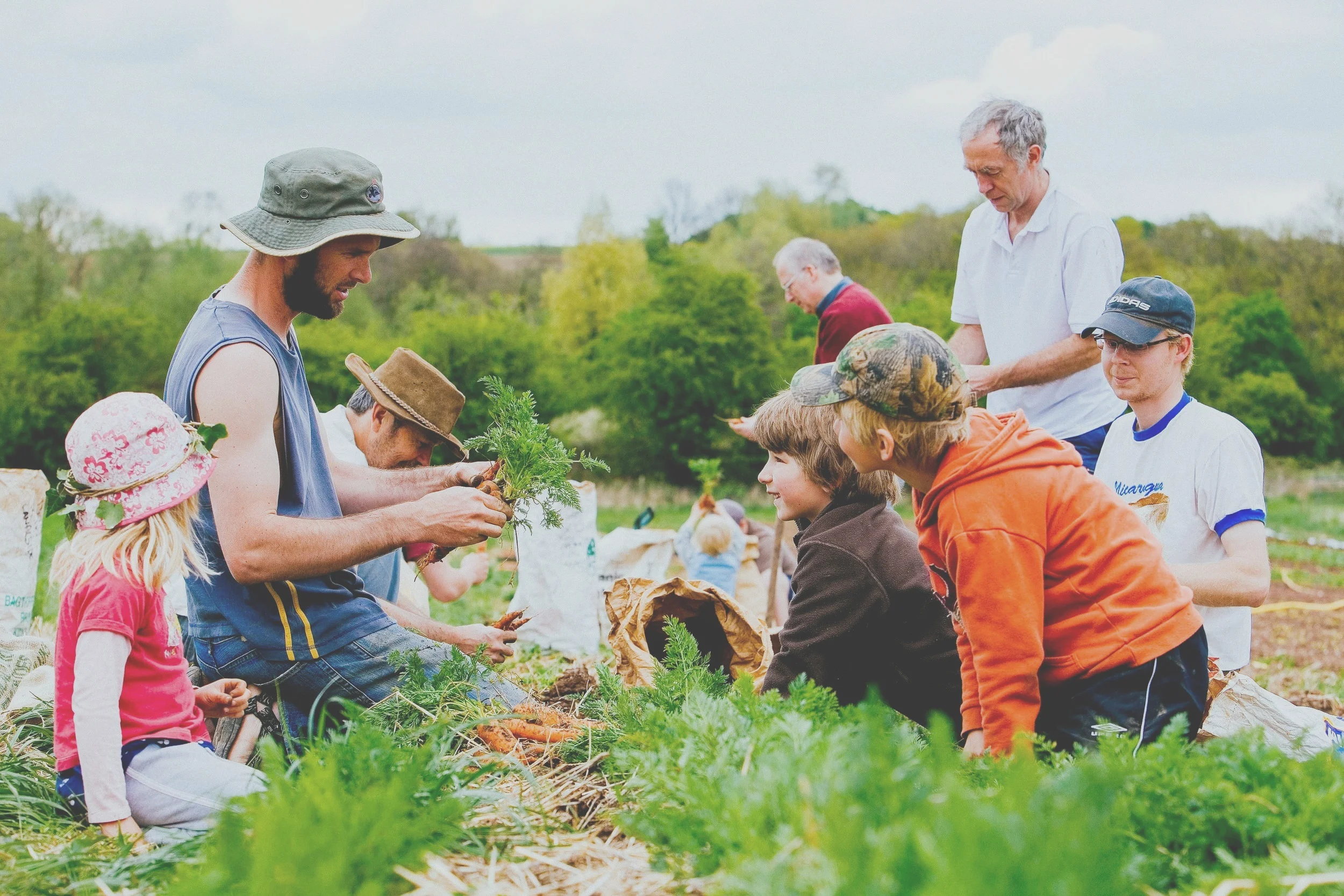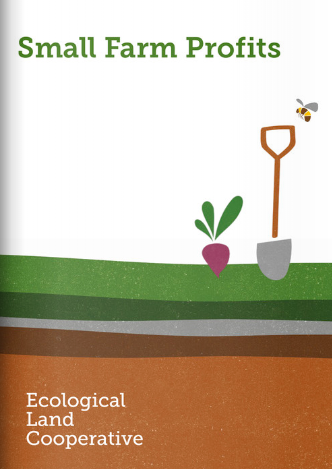Written by Josie Cohen from PAN UK. Their project - ‘Protecting UK pesticide standards from post-Brexit trade deals’ - is a collaboration with Sustain and Dr Emily Lydgate from Sussex University.
Each month, the A Team Foundation will be showcasing a grantee from the fund and how the support is helping to achieve their goals and ambitions.
As an EU Member State, the UK has enjoyed the strongest pesticide regime in the world in terms of protecting human health and the environment. The current UK system suffers from major deficiencies which PAN UK and many others are working hard to fix, but it remains a huge improvement on the protections offered elsewhere. As a result, post-Brexit trade deals pose a major threat to UK pesticide standards. Agricultural powerhouses such as the US are attempting to drive down our standards so that their companies are able to sell currently-banned, chemical-laden food to UK citizens.
What are the potential impacts of a drop in UK pesticide standards?
If UK trade negotiators bow to the demands of trade partners such as the US then the amount of pesticides in food consumed in the UK could soar. American grapes, for example, are allowed to contain 1,000 times the amount of the insecticide propargite than their UK equivalents. Propargite has been linked to cancer and classified as a ‘developmental or reproductive toxin’, meaning that it can negatively affect sexual function and fertility and can cause miscarriages. Pesticides not currently permitted to be present in our food could also soon be allowed to appear. Chlorpyrifos - which has been shown to negatively affect the cognitive development of foetuses and young children and was banned in the EU in 2019 – is just one of many examples.
As well as threatening human health, a drop in UK pesticide standards would also pose a major risk to the environment. Trade partners such as the US and India have a history of challenging the EU’s relatively precautionary approach to which pesticides are allowed for use, and the UK is already coming under similar pressure. Australia, the US and India all allow the use of pesticides which the UK prohibits because they are highly toxic to bees and pollinators, including neonicotinoids which are notorious for driving massive declines in bee populations. They also authorise pesticides known to contaminate groundwater and harm aquatic ecosystems, such as the herbicides atrazine and diuron.
These risks also pose an economic threat to the future of UK agriculture. If UK food starts to contain higher levels of more toxic pesticides then British farmers will struggle to meet EU standards, thereby losing their primary export destination which currently accounts for 60% of UK agricultural exports. Equally concerning, British farmers could be undercut by a flood of imported crops grown more cheaply on a larger scale and to lower standards. It’s crucial that the Government protects British farming by defending pesticide standards, particularly in trade negotiations with agricultural powerhouses such as the US and Australia.
What are governments saying?
The US, in particular, has made it very clear that weakening UK pesticide standards is one of their top priorities. They employ a wide range of tactics including attempts to persuade the UK to abandon the Precautionary Principle, which states that action should be taken to prevent harms to health or environment as long as there are reasonable grounds for concern. The Trump administration is also pushing for requirements for the UK to consult with the US Government and private sector (including the powerful US agrochemical industry) before introducing any new regulations or bans, including those designed to better protect health or environment. This is a far cry from the UK Government’s narrative that we are ‘taking back control’ of our trade policy.
In stark contrast, the EU has been trying to get the UK to commit to maintaining existing protections and has been clear from the outset that it will not allow imports of agricultural produce from the UK unless they meet its pesticide standards. The EU and US are offering conflicting, almost opposite paths, which have the potential to lead to two very different futures for UK health, environment and agriculture. At some point, the UK Government is going to have to make a fundamental choice – does it want to maintain current levels of pesticide protections (inadequate as they are) or bow to the US Government in trade negotiations thereby ushering in a more toxic future?
So far the response from the UK Government to this fundamental question has been very confusing and not at all reassuring. After a huge amount of public pressure, they have promised to maintain food standards but have then fought against every opportunity to enshrine this commitment into law. Given that there are almost no opportunities in the UK for public or parliamentary scrutiny of trade negotiations, they are asking for the UK public to simply believe them that they won’t trade away our hard-won pesticide standards behind closed doors.
What are we doing about it?
Thanks to the funding from Farming the Future, PAN UK, Sustain and Sussex University trade expert Dr Emily Lydgate teamed up to expose the dangers posed by post-Brexit trade deals to UK pesticide standards. The partnership combined PAN UK’s decades of experience working on pesticides with Sustain’s in-depth knowledge of agriculture and Emily’s Lydgate’s technical expertise and academic rigour as a specialist in international trade law.
Before our project began, despite the high likelihood of ending up with larger amounts of more toxic pesticides in UK food, farms and gardens, the issue was not getting the attention it so badly needed. It was crucial to get the message out to both decision-makers and the general public so that we could start generating the kind of public outrage we have seen towards US chlorinated-chicken. Ultimately, we wanted the UK Government to feel scrutinised on the issue of trade and pesticides so that they are less willing to agree to a weakening of standards during negotiations.
After many months of preparation, on 9th June 2020, we launched our report Toxic Trade. The report compared UK pesticides standards with those of the US, Australia and India and included analysis of each country’s negotiating objectives and approach to regulating pesticides. It caused an immediate splash and was featured in a wide range of media including The Telegraph, Financial Times, Independent, Mail on Sunday and various farming press. The authors did broadcast interviews for Radio 4, Sky News and Heart FM. It struck a chord with the public and the short video that accompanied the report received more than a quarter of a million views and 5,000 people wrote to their MPs. Many of our NGO allies shared the report, as did online influencers such as James Resbanks and Julia Bradbury.
To accompany the report launch, we conducted YouGov polling which revealed that the UK public is overwhelmingly opposed to any lowering of UK pesticide standards to meet the demands of other countries’ trade negotiators. 71% of respondents are ‘concerned’ that a trade deal with the US in particular will increase the amount of pesticides in the food they consume, with 43% of people ‘very concerned’. The same figure (71%) agree that the UK Government must resist pressure in trade negotiations with the US to overturn bans on pesticides, even if this means the “best” trade deal cannot be reached. Meanwhile, 79% are concerned about impacts to health resulting from a lowering of UK pesticide standards with 77% worried about negative impacts on the environment.
All this noise got the UK Government to sit up and take notice. Defra issued a formal response on the day and has replied with more detail since. In addition to our ongoing engagement with Defra, PAN UK has been added to the Department for International Trade’s list of stakeholders in order to offer advice and a ministerial meeting is in the process of being arranged. Labour has also been extremely supportive and we have met with both the frontbench and a number of backbenchers on the issue. Our findings have already been mentioned numerous times in parliament during the debates over the Agriculture Bill.
What happens next?
Toxic Trade showed that the UK public cares deeply about protecting pesticide standards and the report continues to generate more attention than we could have hoped. It has got journalists and the public to take notice and kicked off ongoing conversations with key decision-makers in both government and parliament.
This momentum is fantastic but there is still a long way to go. It is very early days for UK trade and we remain some way off from completing a deal with any country. As trade negotiations continue over the next few years (and likely beyond) it is absolutely crucial that we continue to keep up the pressure on the Government. To this end the partners plan to continue to work together to conduct research, media work and advocacy.
If we don’t make sure our voices continue to be heard in the highest echelons of Government then UK citizens and wildlife are likely to end up more exposed to hazardous pesticides and, ultimately, it will be our health and environment that pay the price.
Email your MP today to tell them to protect your health and the environment by taking action against #toxictrade
AUTHOR: JOSIE COHEN
Josie joined PAN UK in June 2017 to head up the organisation’s UK campaigning, policy and communications work. She studied politics at university and has spent the last fifteen years working as a campaigner for a range of organisations including the League Against Cruel Sports and Save the Children. For the past decade she has focused on social, environmental and human rights issues associated with large-scale agriculture, leading ActionAid UK’s biofuels campaign and working on land rights for Global Witness. She is a trustee of Sustain and an advisor to the Climate Counsel.






